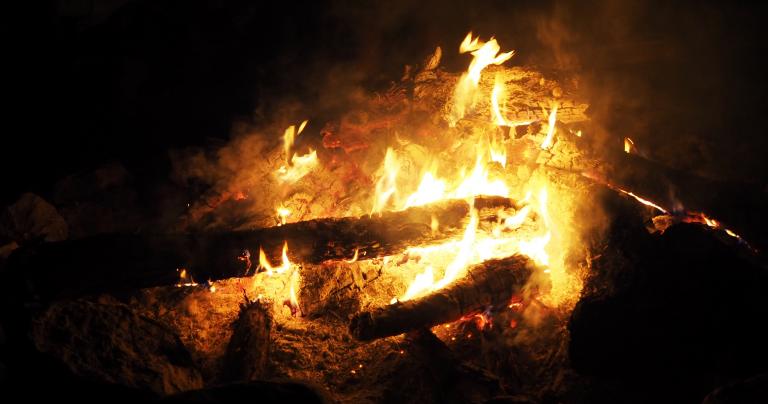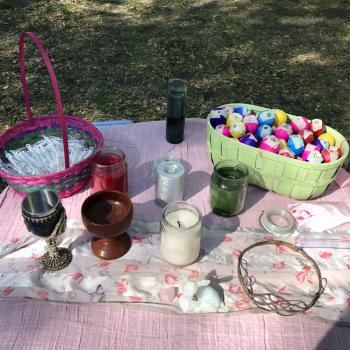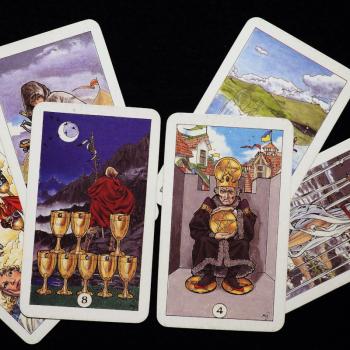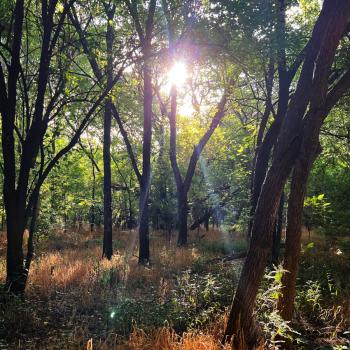If war is hell, purgatory is its aftermath.
Those who survive must bury the dead and care for the wounded, some of whom will never be whole again. They must sift through the physical damage to see what can be repaired, what can be salvaged, and what must be completely replaced as the rebuilding process begins.
And in the midst of all of this, they must find ways create peace and prevent war from coming again.
Metaphorical wars are often deadlier than actual wars
War is a terrible thing. It is so terrible that many of us are uncomfortable using it as a metaphor for things that are not war. This reluctance is understandable and in many cases, appropriate. And yet consider:
- Almost twice as many Americans died from Covid-19 in three months than died in the entire Vietnam War.
- The “War on Drugs” has killed, imprisoned, and ruined the lives of millions of people.
- The militarization of the police – with gear, tactics, and especially with the “thin blue line” mentality – contributes to over a thousand people killed by the police in this country every year.
It is neither an exaggeration nor an insult to those who fought in actual wars to use the language of war in metaphor. Doing so helps us understand events and movements that cause destruction on a scale equal to or greater than war.
At this moment there are numerous “wars” raging in this country and in the world at large. And that’s in addition to the actual wars still going on in Afghanistan, Syria, and in other places.
Some of these wars may be over soon. Others will continue long after all of us have left this world. We need not and must not wait until they’re done to begin the work of rebuilding.
Honoring the dead
On one hand, few of us have to deal with preparing and burying the bodies of the dead. On the other hand, this distancing allows us to deny the reality of death, and to ignore the most serious cost of war.
We have spiritual obligations to the dead, especially our own dead. Some need psychopomps to help them cross over. All deserve to be honored and remembered. Just how widely “our own dead” should be interpreted is open for debate, but I can’t help but say a prayer for those who die suddenly and under unjust conditions.
We need people to care for the dead.
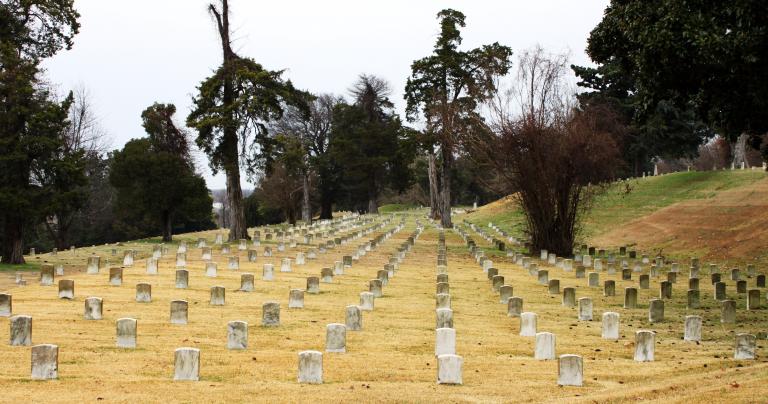
Caring for the wounded
Anthropologist Margaret Mead said that the first sign of civilization was a skeleton with a thighbone that had been broken and then healed. Wild animals who break their legs die. We have the capacity to care for our wounded until they recover. Providing medical treatment is beyond the scope of this blog… though insuring everyone can access medical care is not.
But not all wounds are visible. We’ve always known this, but we’ve largely ignored it. We finally started paying attention to this after the Vietnam War. And we’re starting to understand that living in poverty and oppression can cause PTSD just as much as actual shooting wars.
We need people to care for the wounded.
Repair and rebuilding
War breaks things. We’ve all seen pictures of London after the blitz, Sarajevo after the siege in the mid-1990s, and Hiroshima after the atomic bomb. Below is a picture of Tulsa, Oklahoma during the beginning of the Tulsa Race Massacre of 1921, when white citizens destroyed “Black Wall Street.” Here’s a link to a CBS story that includes pictures of the aftermath I don’t have permission to post here.
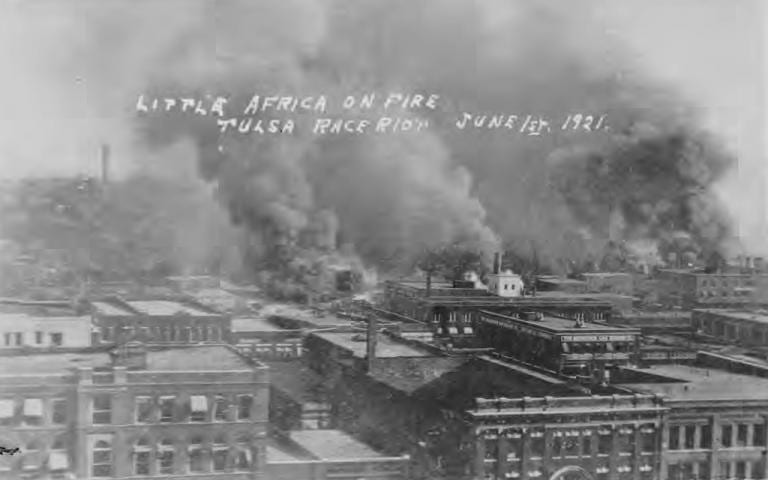
Traditionally, “to the victor belong the spoils.” This changed after World War II, when people realized that the harsh terms forced on Germany after World War I were a major cause of the second war 20 years later. Because of an emphasis on rebuilding and reconciliation, Germany, France, and Britain have been at peace for 75 years.
When we encounter broken things and broken lives from wars, conflicts, and injustices, the proper question is not “whose responsibility is this?” but “how can I help?”
Laying the groundwork for lasting peace
Cynics and militarists like to say that peace is what comes after victory. Certainly that’s part of it. But simply winning the war isn’t enough, as Europe learned in the 1930s.
Martin Luther King Jr. said:
Peace is not merely the absence of some negative force—war, tensions, confusion—but it is the presence of some positive force—justice, goodwill, the power of the kingdom of God.
I had a long talk the other day with a man about this bus situation. He discussed the peace being destroyed in the community, the destroying of good race relations. I agreed that there is more tension now. But peace is not merely the absence of this tension, but the presence of justice.
Sometimes actual fighting is necessary. Other times it simply exacerbates the situation, or pushes the conflict into hidden places where resentment festers until it explodes into violence again. Another Martin Luther King Jr. quote says “a riot is the language of the unheard.”
The work of establishing lasting peace is impossible to do alone. We can contribute to it, both with what we do and with what we tolerate other people doing – and especially with what we refuse to tolerate. But peace is not the work of individuals – it is the work of a society. It’s something we must do together.
And it begins with listening.
Where do you fit into this?
Many of my friends have expressed sadness that they aren’t able to participate in demonstrations, due to health concerns or other reasons. But as necessary as protests are, they don’t actually fix anything. They draw attention to problems so those with power understand that things need to change. There are many other ways to contribute to building a better world.
We need people to care for the dead. We need people to care for the wounded. There’s physical damage that needs to be repaired or rebuilt. In some cases it’s more about what can be salvaged and repurposed.
And there is hard work needed to establish the kind of conditions that make for a real, lasting peace.
Where do you fit into this? Where do your skills, interests, and resources intersect with the needs of those harmed by the metaphorical wars – and the actual wars – going on in our society?
I’m a Pagan and a universalist who does not believe in an actual purgatory. But purgatory is an apt metaphor for the intermediate state in between open conflict and real peace. What we do here and now – for ourselves and for others – will determine if we can build a world that is fair and just for all.
Or if we will yet again descend into the hell of war.


